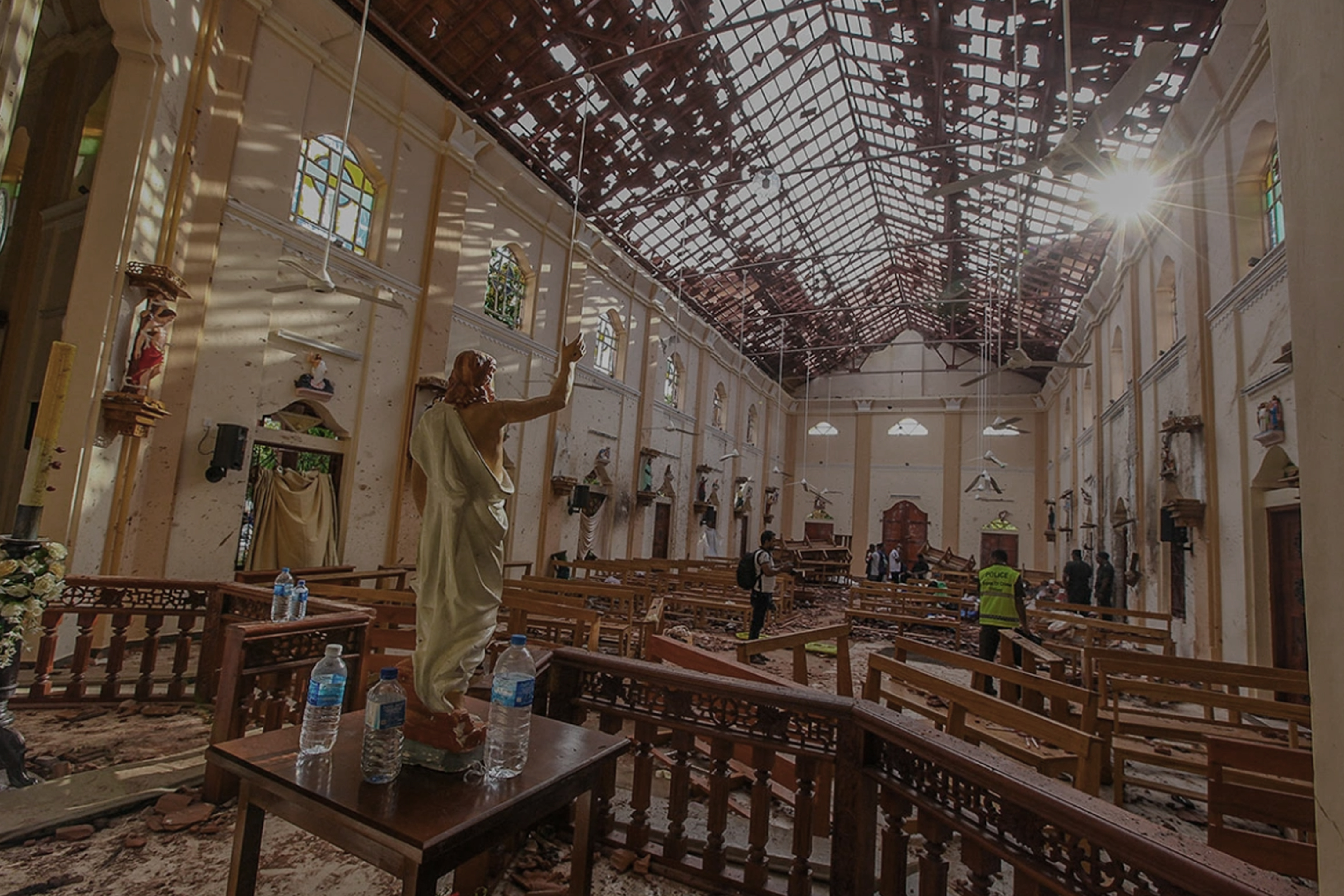Sep 20
IT Industry and Economic Crisis in Sri Lanka.
Before the epidemic, the information technology sector in Sri Lanka was responsible for the employment of more than 120,000 people and accounted for the fifth-largest share of the country's total export revenue. It was projected that during the following five years, it would become the leading exporter and more than treble its workforce. However, due to the fact that the government of President Gotabaya Rajapaksa defaulted on its foreign debt earlier this year and that critical shortages are crippling the economy, these plans are now in jeopardy as it becomes harder to maintain normal business operations. Moreover, the economy is being crippled by critical shortages.
Power outages lasting several hours each day have become the norm. The lines for gas may run for kilometers, sometimes becoming so long that they intersect with one another. The administration of the nation is based on a cash flow model. In a statement made one month ago, the governor of the Central Bank of Sri Lanka (CBSL), Nandalal Weerasinghe, said that their government is "spending any dollars that trickle in to acquire the basics we can.

Even though the cost of living continues to skyrocket – inflation in May was 39.1 percent, and fuel prices have more than doubled since the beginning of the year – the CBSL stated on May 19 that it expects the economy to "record a setback." This is the case despite the fact that the economy is expected to "record a setback." The reliability of the power supply and the smooth operation of the internet, both of which are critical to the successful operation of the IT sector, are continuously being disrupted. Foreign investors' trust is beginning to suffer as a result of the protracted economic crisis and the existing government's failure to formulate a comprehensive strategy to address the problem and find a solution to it.
The situation in Sri Lanka during the last several years has been fraught with difficulty. The trust of investors was shaken in October 2018 by an illegitimate administration that lasted for 52 days, and it was further shaken in April 2019 by bombings that killed dozens of people on Easter Sunday. Even though migration is not unusual, particularly among highly trained employees such as software engineers, physicians, and nurses, the economic circumstances of the previous year, on top of the volatility that existed before that, have accelerated the rate at which Sri Lankans seek better pastures.

Because of the current economic crisis, the cost of living has skyrocketed, which is particularly problematic considering that the value of one US dollar has increased by 75 percent in comparison to one Sri Lankan rupee over the course of the last year. It is unrealistic to expect young people in Sri Lanka to be able to buy a vehicle or a home, and as a result, many of these individuals are trying to emigrate in order to escape the uncertain future that awaits them in their country of origin.
According to Sanjiva Weerawarana, founder and chief executive officer of WSO2, a software company based in Sri Lanka that raised $90 million from Goldman Sachs in November, he told Al Jazeera that his company has been forced to look for creative ways to hedge the country's risk in order to appease investors. According to Weerawarana, even though WSO2 already has offices in a number of countries, such as the United States of America, the United Kingdom, Dubai, and India, the company plans to "likely expand" its presence outside of Sri Lanka in order to increase investor confidence and guarantee the continuity of business operations. In order to ensure that their business operations are not disrupted, some corporations have gone so far as to establish temporary offices in neighboring countries such as India and Dubai and move some of their workforce there.

In spite of the fact that Sri Lanka's apex body for the promotion of investment in the country, the Board of Investment, had grand plans for the previous year to push the information technology industry as a top earner and employer for the nation, the reality seems to be heading in the opposite direction. Because there was already a shortage of supplies on the market, the situation is far direr now than it was before. In a study published in 2019, the government agency responsible for ICT policy in the nation, the Information and Communication Technology Agency, issued a warning that "the demand-supply imbalance for ICT employees is expanding rather than narrowing." Because of the high number of projects coming from other nations, the information technology sector is very beneficial to the country. The scenario calls for the development of the information technology sector.
As a large number of projects are currently being carried out in other countries, the information technology industry continues to be a potential remedy for the ongoing economic crisis. If there is a viable way for information technology companies to bring more dollars into Sri Lanka, this could help alleviate the country's current economic crisis. If the government of Sri Lanka makes an effort to foster the expansion of the information technology industry, it will significantly contribute to the mitigation of the current crisis situation.







